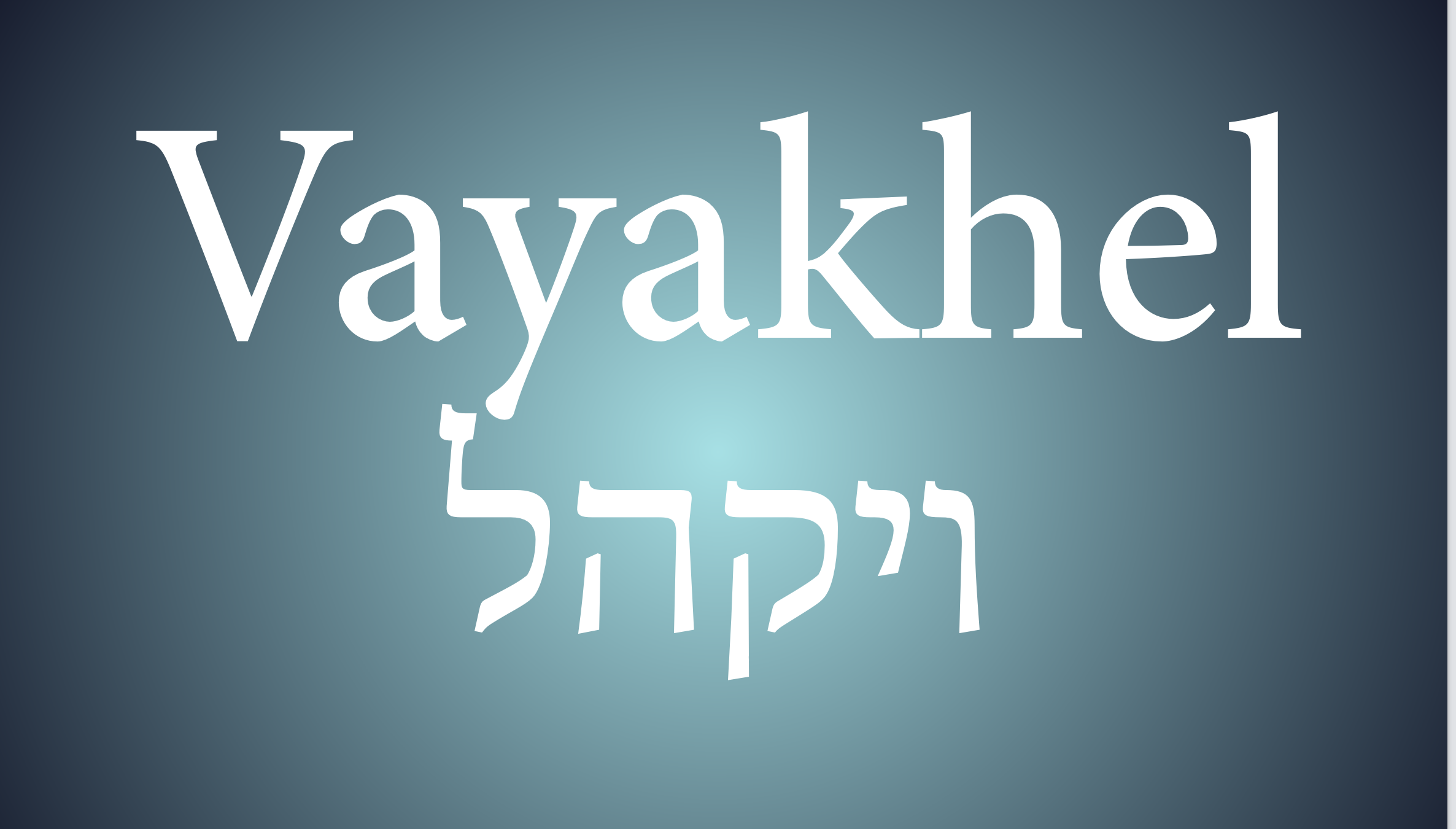
One verse, five voices. Edited by Salvador Litvak, Accidental Talmudist
And he made the washstand of copper and its base of copper from the mirrors of the women who had set up the legions, who congregated at the entrance of the tent of meeting. –Exodus 38:8
Nili Isenberg
Pressman Academy
The priests of the Torah aimed to achieve the heights of holiness, lighting fires with their passion for God. Then, as now, our offerings have the potential to climb, extend and expand. But this elevation is possible only after deep and grounded preparation.
Before performing their holy duties, the priests would use water from the washstand, set upon its base, to cleanse their hands and feet. Though they are not as well known as the menorah or the Ark of the Covenant, the washstand and its base have a deep significance. The Torah mentions the washstand and its base together repeatedly. Why is the base so important, deserving of separate mention? Why can’t the washstand stand on its own?
A base is a foundation. As Ibn Ezra (1089-1167) pointed out, “these vessels were not carried on poles” like some of the other implements of the Tabernacle. No, these vessels should not even give the impression of being mobile. They must serve to prepare us for our holy work with connection to our stable base.
That base is our people and our history. Today, in the infinite reflections of our selfie culture, this message carries particular urgency. The Hebrew used in this verse for “its base” (“kano”) is related to the Hebrew “to prepare oneself” (“lehitkonen”) and “to have intention (“lehitkaven”). Understanding that our foundation is our connection to the past readies us to use our hands and feet with purpose and impact for the future.
Rabbi Nolan Lebovitz
Adat Shalom, “Roadmap Jerusalem” filmmaker, “My Daily Offering” podcaster
Midrash tells us that Moses didn’t want to accept the women’s contribution of mirrors — “B’Mar’ot” in Hebrew — because he associated the visual reflection provided by the mirrors with vanity. Like so many other elements in our narrative, however, the contribution of women points us directly toward greater freedom and closer relationship with the divine.
The last time we saw the same conjugation of this word “B’Mar’ot” was in Genesis 46, “And God called to Israel through a vision (B’Mar’ot) by night …” There is great intimacy through the visual medium. We know how powerful the camera has become today. We feel like we know the facts of a story better when we see a photo or a video. The power of a mirror, in seeing oneself, does not only serve the purpose of vanity, but also presents the ability to reflect.
The mirrors in the altar would be used to draw ourselves closer to God, to make the act of the sacrifice more personal. In our most intimate moments, who among us doesn’t want our creator, our spouse, our parents or our friends to see deep inside us and recognize the best version of ourselves? In the midrash, God tells Moses to accept the mirrors. I pray that in that moment God also accepted each and every one of us for who we truly are as well.
Pinchas Winston
President, Thirtysix.org
Rashi explains that the women had copper mirrors that they used for adorning themselves for their husbands who, each day, after intense work as a slave, came home physically broken and spiritually hopeless. They certainly could not think about increasing their families, so their wives made sure of the opposite. And, even though this was all done for the right reasons, and with the best of intentions, Moshe still wanted to reject the mirrors. He felt that their association with the evil inclination made them unfit for the construction of something as holy as the Tabernacle. Therefore, God stepped in and told him, “Accept them, for they are dearer to me than anything else! Through these mirrors the women increased the population of Israel.”
Who could blame Moshe? After all, it says: Difficult is the evil inclination that even its creator calls it “evil.” Yet, the midrash says, were it not for the evil inclination, a man would not build a house, marry a woman, do business, etc. Clearly the evil inclination can be either friend or foe. What determines which? Torah.
As the Talmud says, “God told the Jewish people, ‘I created the evil inclination, and I created Torah as its spice.’ ” God didn’t call Torah an “antidote” for the evil inclination, because Torah doesn’t come to eliminate the evil inclination, but to channel it. The evil inclination is a powerful source of energy and creativity. It is not be destroyed, but harnessed for good, and living by Torah makes this possible.
Tova Hartman
Professor, Ono Academic College, Israel
Doing the holy work for the Jewish people is not a casual action. The priests must prepare for this in a variety of ways, including ritually washing themselves from this special washstand. But why make it from women’s brass mirrors? What might this symbolize?
According to rabbinic tradition, cited in Rashi, the women shared these mirrors with their husbands, who were too tired from manual labor, enticing them to have sex so that they would procreate. The priests had to acknowledge this every time they washed their hands and feet in preparation for entering the holy area.
In most genocides, men are separated from women. We must imagine that in Egypt, the men were encamped near their work sites, separately from the women. One of the effects of such trauma and humiliation is the loss of desire — reflecting a loss of a sense of worth. It is thus no surprise that the women needed to use mirrors to allure their husbands. These mirrors mirrored back to their men a sense of worthiness, so the men would see themselves as their wives saw them. The masters of slaves mirror back a sense of worthlessness, and that is what the Hebrew women of Egypt refused to accept.
To build the Tabernacle, silver and gold were necessary, but it is forbidden to enter the holy area unless there is an acknowledgment of the loss and the regaining of the human spirit, symbolized through these copper mirrors. How might this translate into the responsibilities of our contemporary Jewish leaders, as they prepare to do their holy work?
Rabbi Shlomo Seidenfeld
Aish L.A.
Slavery doesn’t simply break the body, it breaks the soul. It exhausts the person and suffocates any hope for a quality of life and a life of quality. So let me ask you, would you bring children into such a life? Would it not be cruel and selfish to condemn children to a life of misery by birthing them into a culture that would ravage and oppress them?
For us, this is a hypothetical question, although one very worthwhile debating. For our ancestors in Egypt, it was a real and genuine moral dilemma. I have legitimately wondered whether the hopelessness of that situation would have gotten the best of me.
Enter the Jewish woman. The copper mirrors that she exuberantly dedicated to the Temple were the mirrors she used to prepare herself for an intimacy that would ensure the survival of the Jewish people. She understood that the best way to defeat despair is to add life, and the only way to respond to a soulless world is to add souls. It was the holiest of missions!
Those mirrors represent the Jewish woman’s unflinching commitment to the perpetuation of Jewish destiny. They were in fact, the greatest “reflection” of the inextinguishable faith that has traveled with us through the horrors and triumphs of Jewish history. Our sages recognized this when they emphatically taught “that in the merit of Jewish women, the Jewish people were redeemed from Egypt.”







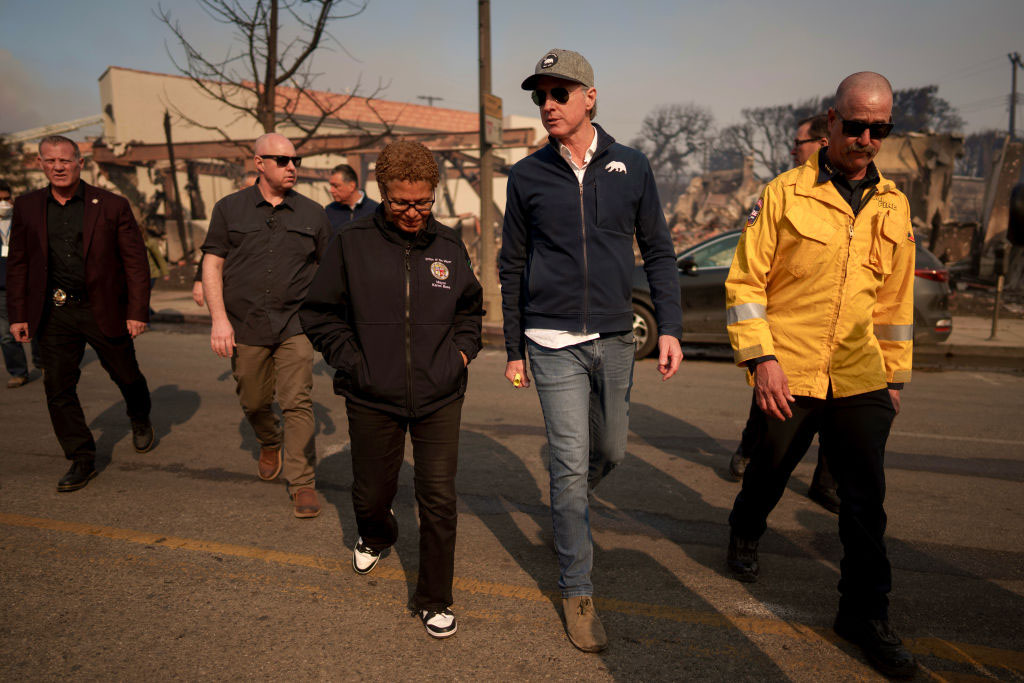

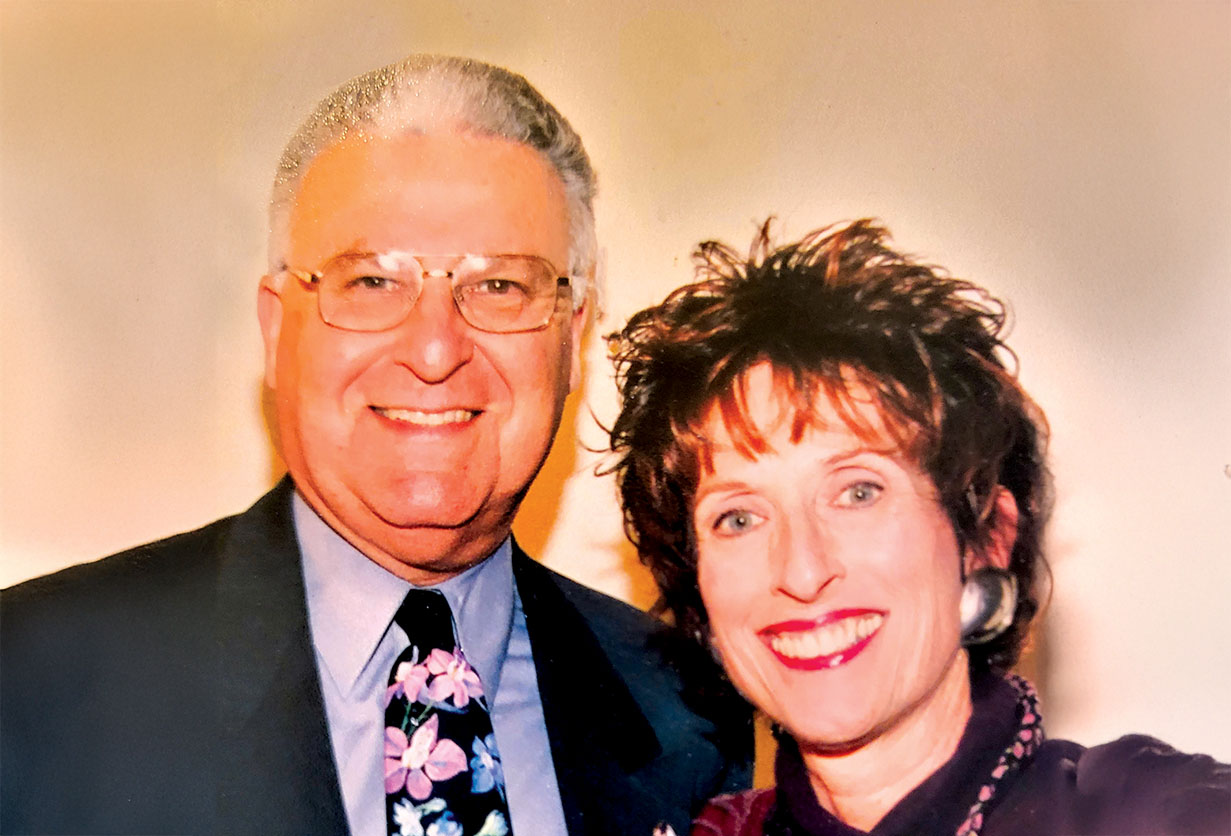
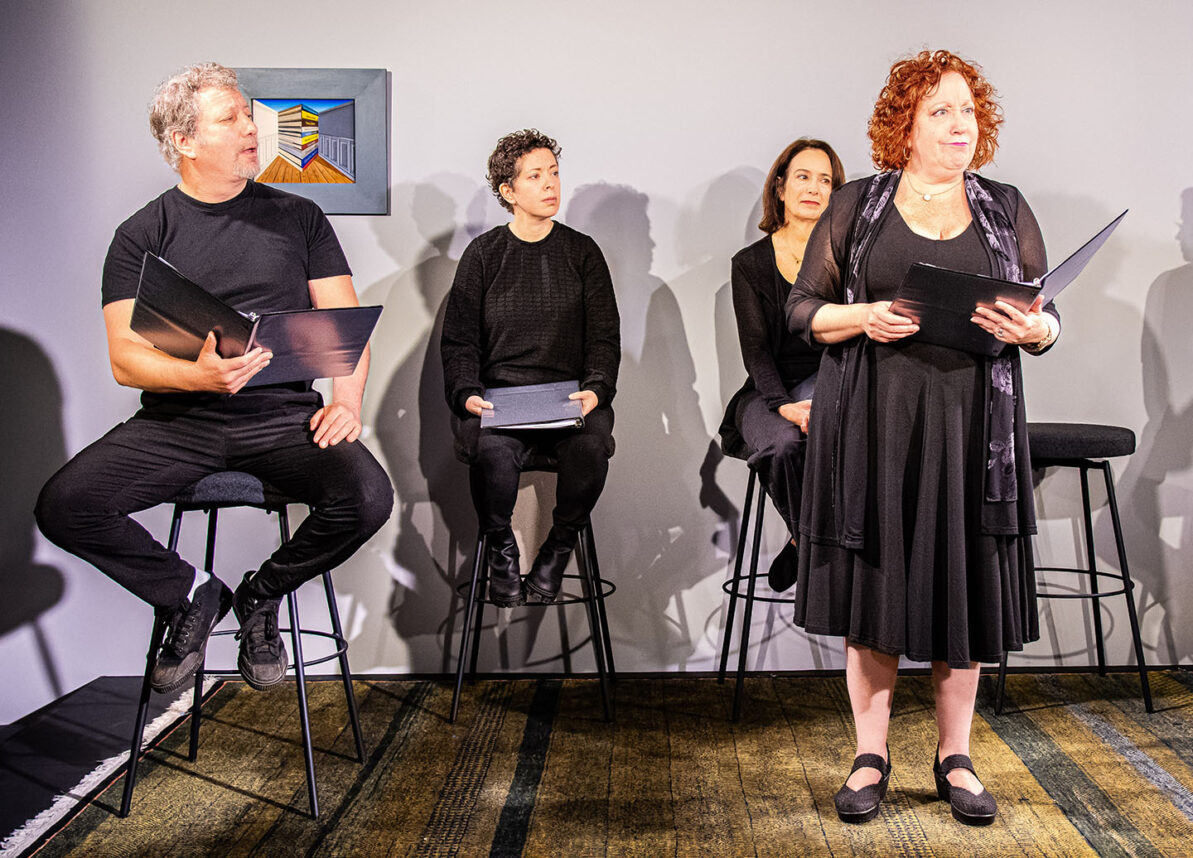
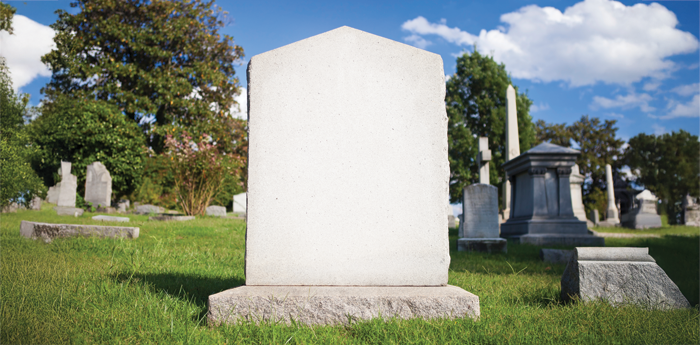









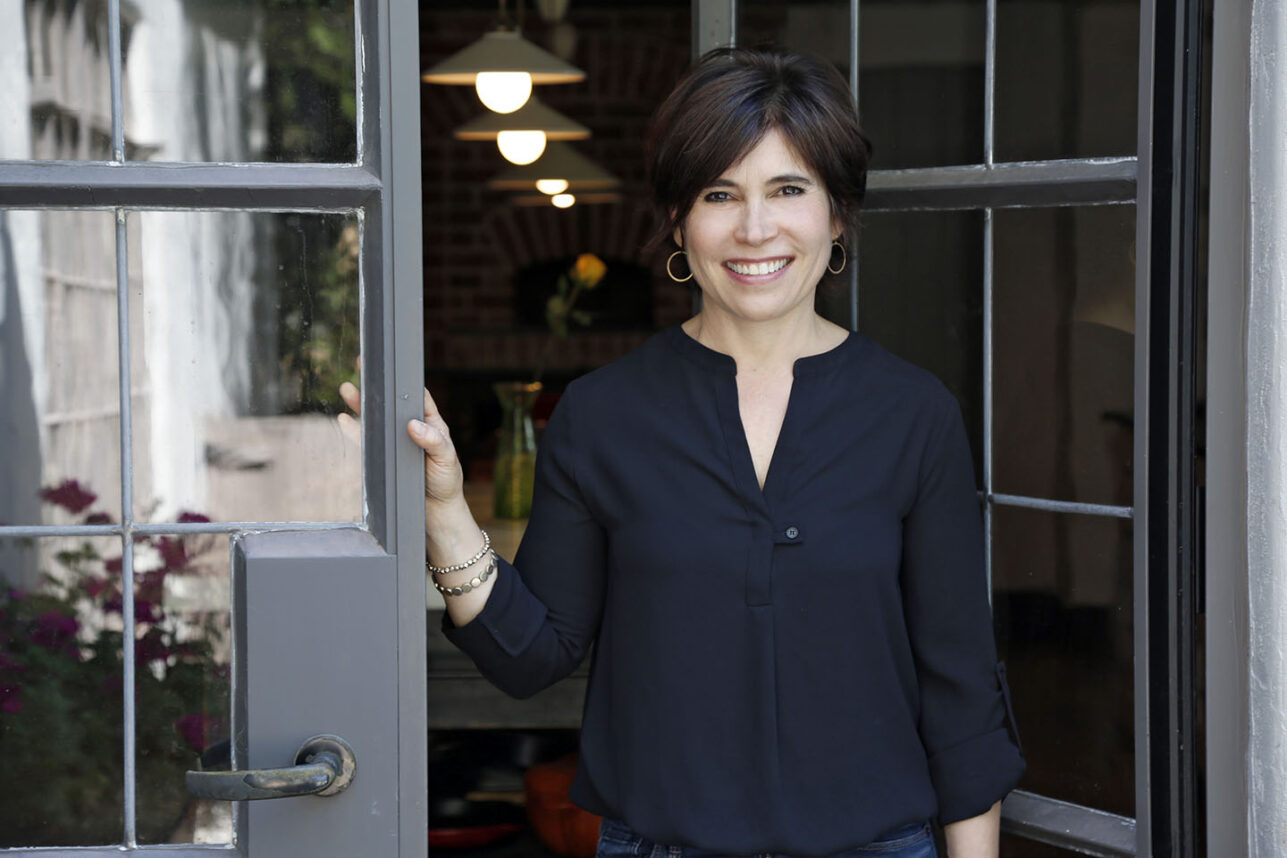

 More news and opinions than at a Shabbat dinner, right in your inbox.
More news and opinions than at a Shabbat dinner, right in your inbox.